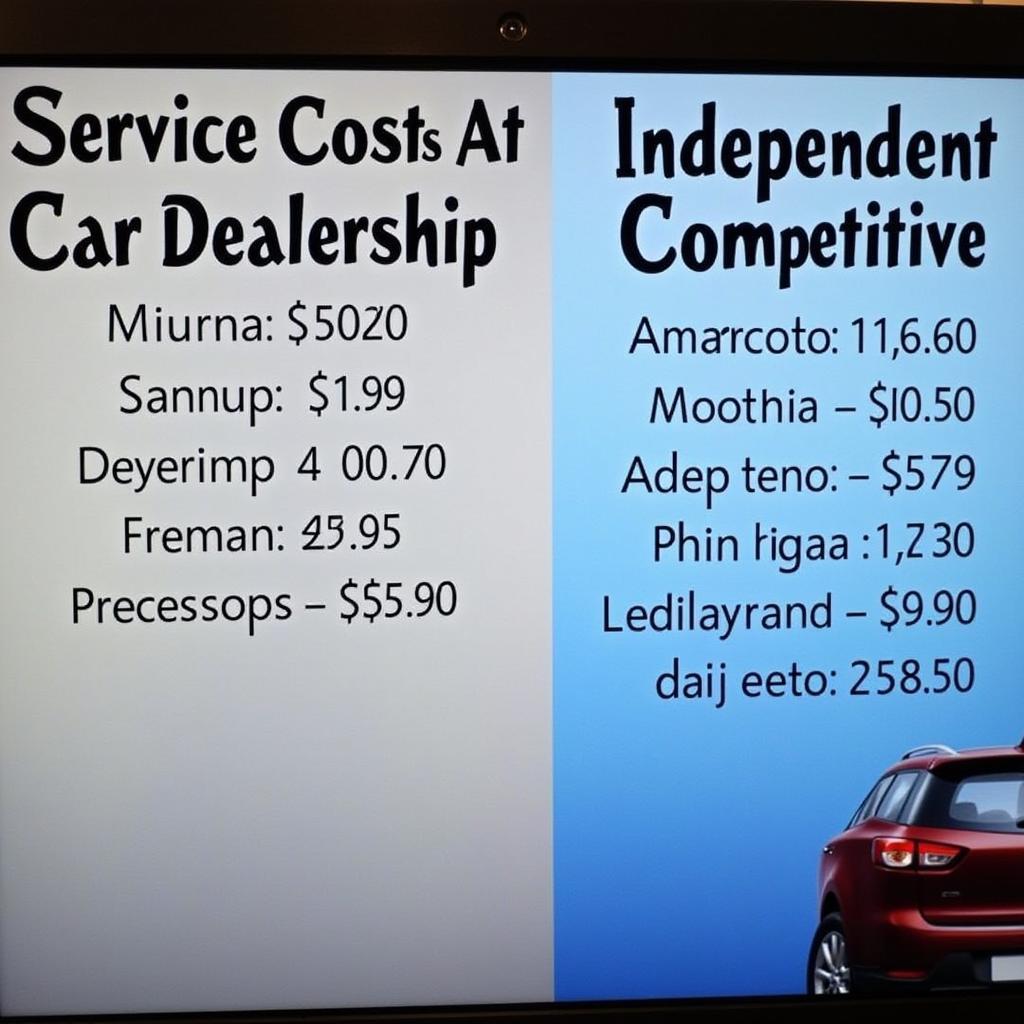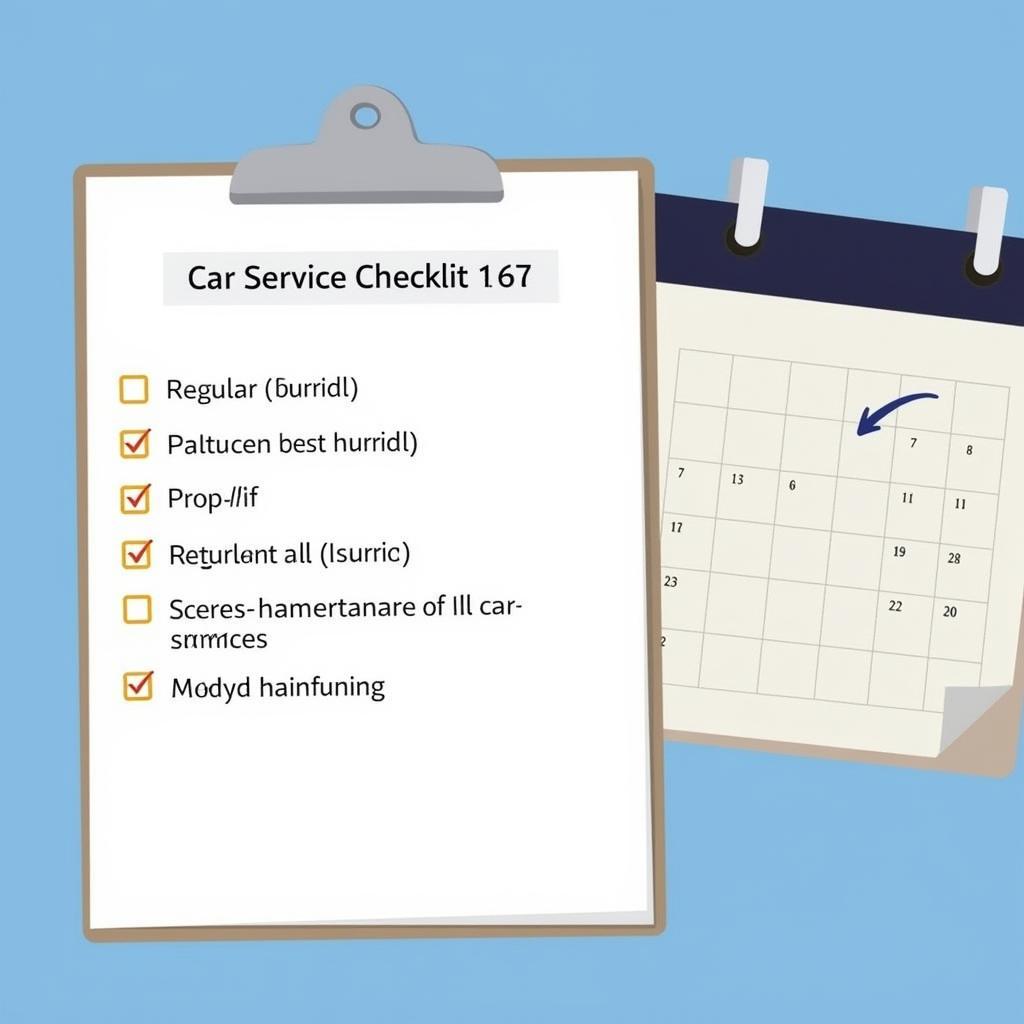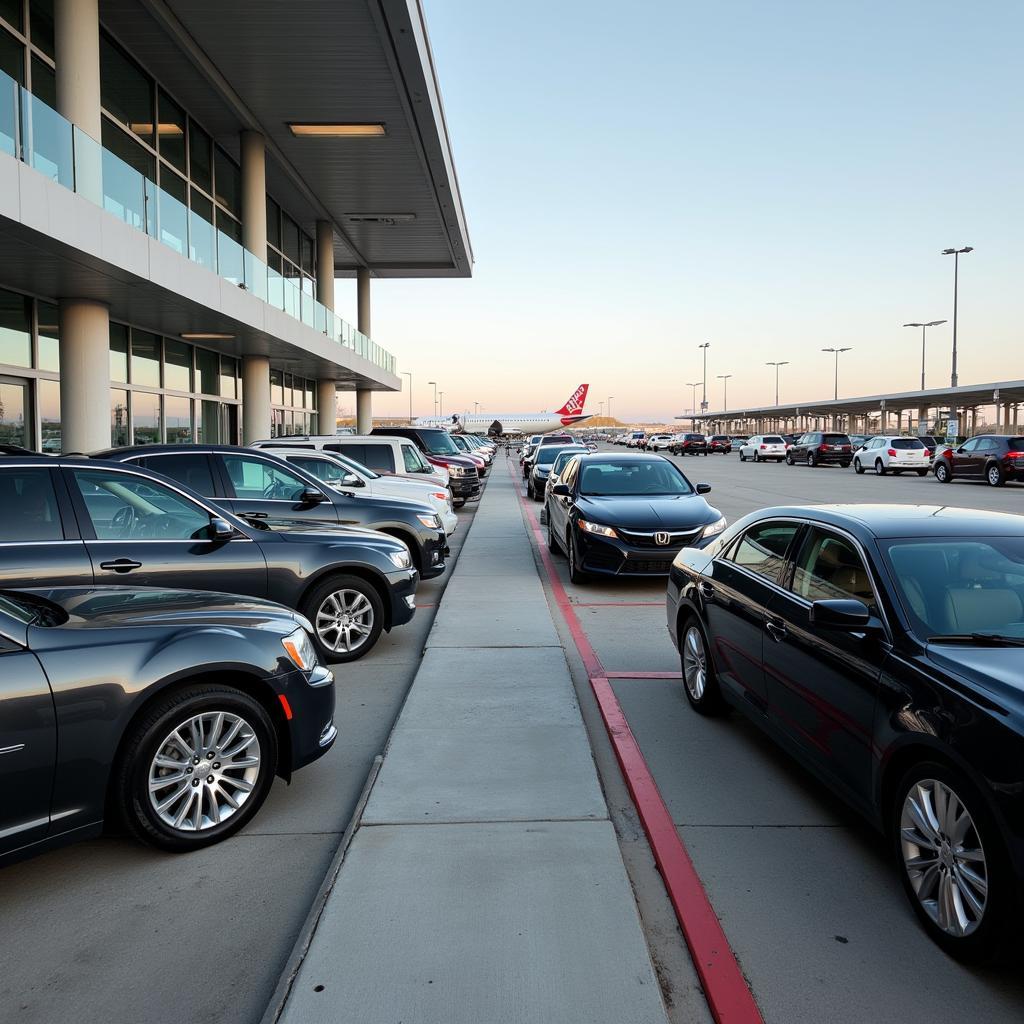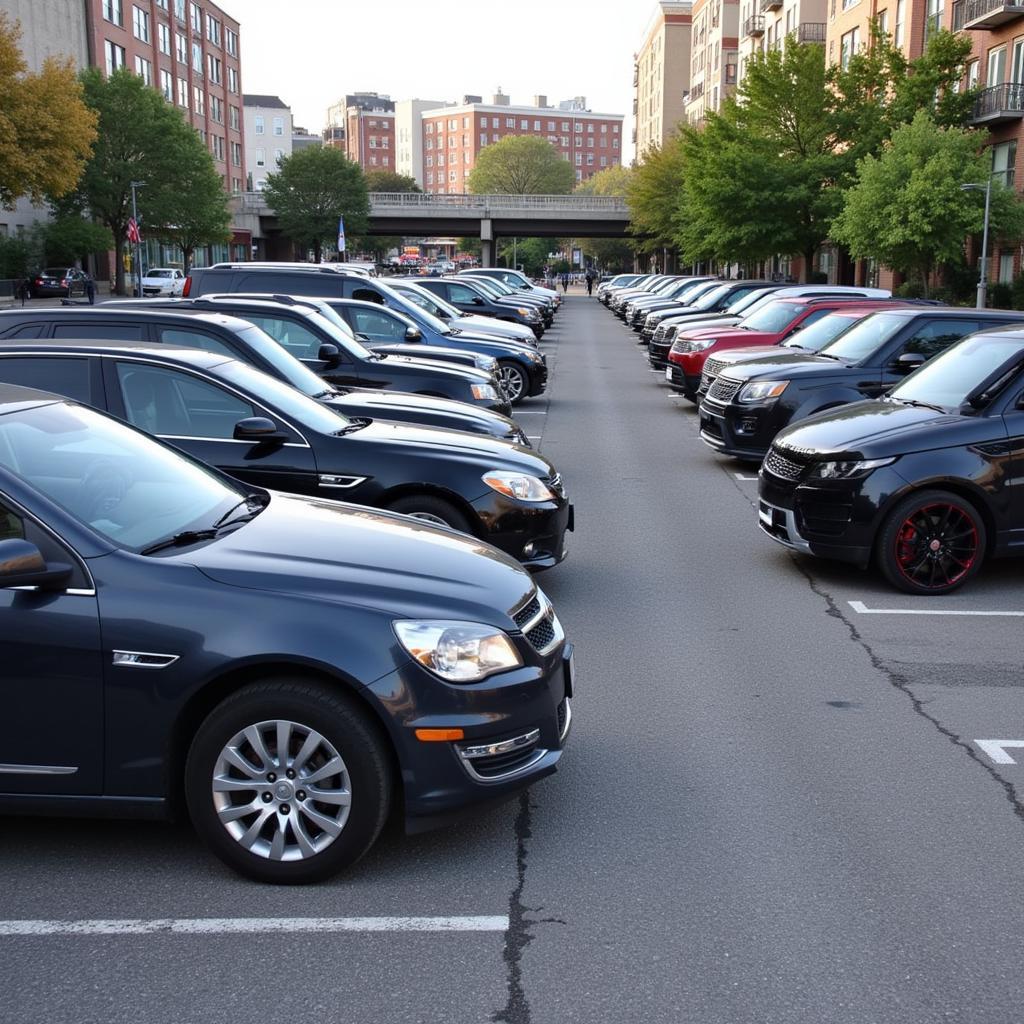Average Price for a Major Car Service: What to Expect & Factors Affecting Cost
Knowing the Average Price For A Major Car Service is essential for any car owner. It allows you to budget effectively and avoid any unexpected surprises when the bill arrives. However, pinning down an exact cost can be tricky as several factors influence the final price. This comprehensive guide will delve into the average cost of a major car service, the factors affecting it, and tips to ensure you get the best value for your money.
What Does a Major Car Service Include?
Before we dive into the cost, it’s crucial to understand what a major car service entails. Unlike a basic service, which primarily focuses on oil changes and filter replacements, a major car service is a more comprehensive checkup. It usually includes:
- Engine oil and filter change: This is standard for any car service and helps keep your engine lubricated and running smoothly.
- Spark plug replacement: Worn-out spark plugs can lead to reduced fuel efficiency and engine performance.
- Air filter replacement: A clogged air filter restricts airflow to the engine, negatively impacting performance and fuel economy.
- Fuel filter replacement: This ensures clean fuel reaches the engine, preventing potential damage from contaminants.
- Cabin filter replacement: This filter maintains the air quality inside your car by trapping dust, pollen, and other allergens.
- Brake fluid check and top-up/replacement: Brake fluid is hygroscopic, meaning it absorbs moisture over time, which can reduce braking efficiency.
- Coolant check and top-up/replacement: Coolant prevents the engine from overheating, and regular checks are vital for optimal engine performance.
- Power steering fluid check and top-up/replacement: This ensures smooth and responsive steering.
- Transmission fluid check and top-up/replacement (for automatic transmissions): This lubricates the transmission’s moving parts and helps prevent overheating and premature wear.
- Inspection of belts and hoses: Cracked or worn belts and hoses can lead to engine problems if not addressed promptly.
- Battery check: A weak battery can leave you stranded, so regular checks are crucial.
- Tire pressure and tread depth check: Proper tire maintenance ensures optimal safety and fuel efficiency.
- Lights check: All exterior lights are checked to ensure they are functioning correctly.
Factors Influencing the Average Price
While the services listed above form the core of a major car service, the final cost can fluctuate considerably based on:
- Vehicle Make and Model: Luxury and high-performance vehicles often require specialized parts and fluids, which can be more expensive.
- Location: Labor rates for mechanics can differ significantly depending on your geographic location. Urban areas and dealerships typically have higher labor costs.
- Service Center Type: Independent garages generally offer more competitive rates compared to dealerships, but it’s essential to choose a reputable and trustworthy garage.
- Age and Condition of Your Car: Older vehicles might require additional repairs or part replacements, contributing to a higher overall cost.
- Additional Repairs: If any issues are discovered during the service, such as worn brake pads or a faulty alternator, the cost of repairs will be added to the overall bill.
Average Price Range
Considering the factors mentioned above, the average price for a major car service in the US can range from $300 to $700. However, this is just an estimate, and it’s always best to get a personalized quote from a trusted mechanic.
 Comparing Car Service Costs: Dealership vs. Independent Garage
Comparing Car Service Costs: Dealership vs. Independent Garage
How to Save Money on a Major Car Service
Even though a major car service is an investment, there are ways to ensure you get the best possible price:
- Shop Around: Get quotes from at least three different service centers, including dealerships and independent garages.
- Ask About Discounts: Some service centers offer discounts for AAA members, seniors, or military personnel.
- Consider Using Aftermarket Parts: Aftermarket parts are often cheaper than original equipment manufacturer (OEM) parts and can be just as reliable. Discuss this option with your mechanic.
- Inquire About Service Packages: Some service centers offer bundled packages that combine a major service with other routine maintenance tasks at a discounted price.
- Maintain Your Car Regularly: Sticking to your car’s recommended service schedule can help prevent minor issues from escalating into major (and expensive) problems.
When to Get a Major Car Service
Refer to your car’s owner’s manual for the manufacturer’s recommended service intervals. As a general rule of thumb, most mechanics advise a major car service every 12,000 miles or 12 months, whichever comes first.
 Scheduling Your Next Car Service
Scheduling Your Next Car Service
Conclusion
A major car service is a significant investment in your vehicle’s health and longevity. While the average price can vary, understanding the factors that influence the cost and following the tips outlined above can help you make informed decisions and keep your car running smoothly for years to come. Remember, regular car maintenance is always cheaper than major repairs down the line.
FAQs
1. Is a major car service the same as a tune-up?
While the terms are often used interchangeably, a tune-up traditionally focuses on the engine’s ignition and fuel systems. In contrast, a major car service encompasses a wider range of checks and replacements, including fluids, filters, and brakes.
2. Can I perform a major car service myself?
If you possess advanced mechanical skills and the right tools, you can potentially perform some aspects of a major car service yourself. However, it’s generally recommended to leave complex tasks, such as brake fluid replacement or transmission fluid changes, to qualified mechanics.
3. What happens if I delay a major car service?
Delaying a major service can lead to reduced fuel efficiency, decreased engine performance, and an increased risk of costly breakdowns in the long run. Regular maintenance is crucial for your car’s health and your safety.
4. Do I need a major car service if I haven’t been driving much?
Even if you don’t drive frequently, car fluids can degrade over time, and rubber components can become brittle. It’s best to follow the manufacturer’s recommended service intervals or consult a trusted mechanic.
5. How long does a major car service take?
A major car service can take anywhere from 4 to 8 hours, depending on the vehicle’s make and model and if additional repairs are required.
6. How often should I service my car?
Refer to your owner’s manual for the recommended service schedule for your specific make and model.
7. What is the difference between a major and minor car service?
A minor car service typically focuses on an oil and filter change, and a basic inspection. A major car service is more comprehensive and includes additional checks, fluid replacements, and component inspections.
Need Help?
Do you have more questions or need assistance finding a reliable car service center near you? Contact our team of experts 24/7 through WhatsApp: +1(641)206-8880, or Email: [email protected]. We are here to help you keep your car running smoothly and safely.

